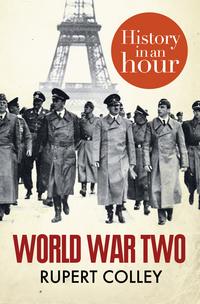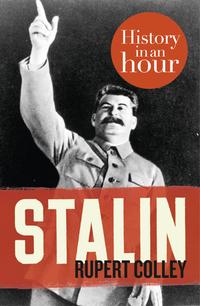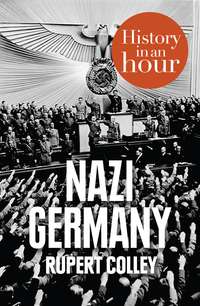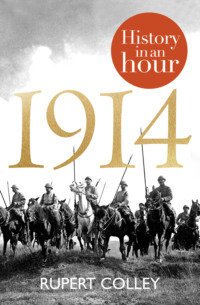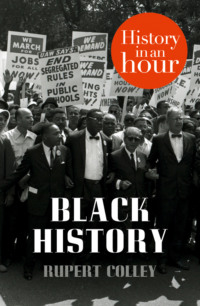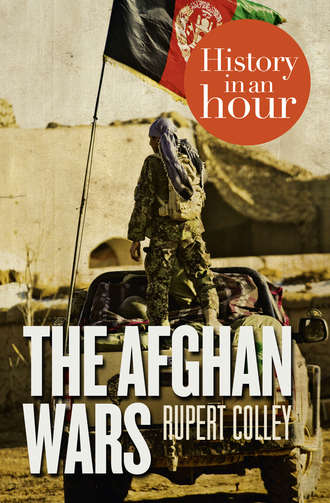
Полная версия
The Afghan Wars: History in an Hour
In January 1979 the Ayatollah Khomeini swept to power in Iran and began supplying aid and arms to the Afghan Mujahideen, the Muslim ‘soldiers of God’, who resented the godless regime of the PDPA and its Soviet backers.
Taraki ordered a severe repression of his opponents, establishing a secret police, the ‘Afghan Interests Protection Service’, who imprisoned and executed thousands without trial. In March 1979 rebels staged an uprising in the city of Herat. The Mujahideen, chanting ‘God is great’, killed and flayed alive hundreds of Afghans and Soviet advisers and their families. Panicked, Taraki appealed to Moscow for help. But the Politburo declined to be drawn in, fearful of the reaction of Soviet Muslims and believing that intervention would only commit the USSR to a ‘Soviet Vietnam’.
Taraki’s prime minister, Hafizullah Amin, led the reprisals, killing thousands in Herat and sending the Soviet-backed Afghan army out into the villages to mete out immediate punishment to anyone suspected of insurgency. Among the thousands killed were children, tortured and murdered in front of their parents, who were then similarly dispatched. Entire villages were wiped out.
While Amin pursued his bloody programme of retaliation, Taraki, like Daoud before him, called in on Moscow to make a personal plea for Soviet reinforcement and again was refused, being told by Alexei Kosygin, the Soviet premier, ‘We believe it would be a fatal mistake to commit ground troops. If our troops went in, the situation in your country would not improve. On the contrary, it would get worse.’ Brezhnev, who received Taraki warmly, recommended a slower pace of reform and, as a final piece of advice, told him to remove Amin, Afghanistan’s prime minister.
Amin, who had already survived a number of assassination attempts, was summoned in September 1979 by Taraki to a meeting at the People’s Palace. Amin, aware of Taraki’s intentions, came prepared. A shoot-out ensued, and although members of his entourage were killed, Amin escaped unhurt and returned later to have Taraki placed under arrest.
Taraki was taken to a cell and at some point tied down and suffocated with a pillow. Amin, as the new president, announced that Taraki had died of a ‘serious illness’. Brezhnev, who had so recently embraced Taraki, was shocked by the murder and wept on hearing the news.
Amin was universally unpopular – he was hated by the Afghan Islamists, feared by his own party, distrusted by the US and suspected by Moscow of being in the pocket of the CIA. The US ambassador in Kabul had been murdered in a shoot-out while Taraki was still in power but Washington suspected the killing was the work of Amin. Amin panicked, knowing his position and his life were vulnerable. His response was to use his secret police to purge the population of his enemies and instil widespread fear, while his overtures to Moscow and Washington were ignored. Moscow even went so far as to plant an agent posing as a chef into the palace, with the aim of poisoning Amin, but it was his son-in-law who swallowed the poison and almost died.
Конец ознакомительного фрагмента.
Текст предоставлен ООО «ЛитРес».
Прочитайте эту книгу целиком, купив полную легальную версию на ЛитРес.
Безопасно оплатить книгу можно банковской картой Visa, MasterCard, Maestro, со счета мобильного телефона, с платежного терминала, в салоне МТС или Связной, через PayPal, WebMoney, Яндекс.Деньги, QIWI Кошелек, бонусными картами или другим удобным Вам способом.


